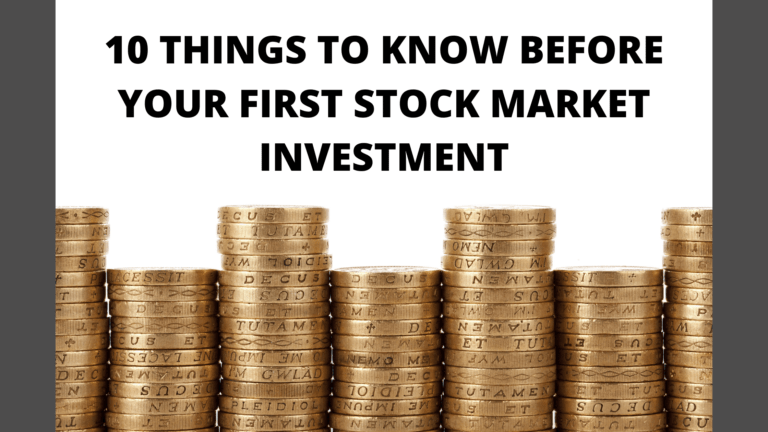Blog
Stock Market Investment Prerequisites

Know how the market functions
A culmination of stock exchanges around the globe comprises what is known as the “Stock Market”. Investors buy and sell shares (ownership stake) of the companies listed on these exchanges, bonds, mutual funds or other derivatives through stock brokers or dealers. The dealer may be an individual, a company or a financial institution, registered with SEBI.
Define your goals, objectives and tenure
The primary step in investing is to define the “type” of investor, one is. In other words, the risk appetite of the investor must be specified upfront. Further, it is crucial to develop an outline of the investor’s objectives and approximate time period for which the investment is being considered. Also, there is an option of “Active Management”, whereby the investor actively manages his/her profile through market knowledge or “Passive Management”, whereby the investor allows the broker to invest on his/her behalf.
Disciplined investment approach
The prospect of growing wealthy through stock markets has lured the investors since ages. Prudence coupled with a disciplined approach can enhance that probability by a huge percentage.
As a beginner, look for long term investments.
From the perspective of beginners, it is advisable to consider long term investment. “Value based Investing”, i.e., investing in stocks whose intrinsic value is low or “Growth based Investing”, i.e., investing in stocks with high growth potential, both compliment long-term views. In the longer duration, volatilities or seasonal ups and downs are contained, thereby rendering the requisite profits.
Diversify your portfolio
Portfolio Diversification implies variegating security as well as sector selection. It includes allocating one’s capital in a number of securities, such as equities, bonds, mutual funds, fixed income etc. spread over various sectors. The primary objective of such heterogeneity is to reduce risk, should a particular security or sector begin to crumble.
Be willing to lose your investment.(Be prepared for the worst.)
Never time the market
Timing the market is not advisable, since the trading strategies employed during such short-term switching aren’t completely accurate. Moreover, it is not quite possible to forecast the stock market cycles. In trying to time the market, investors, usually the beginners, tend to lose money.
Review your investments regularly
It is of utmost importance to study the stocks in terms of their financials, performance and market sentiment, in which one has invested. Appropriate timely exits must be made and timely review is essential. Therefore, it becomes mandatory on the part of the investors to constantly monitor their portfolios. For this purpose, investors can avail the facilities of financial planners or advisors!
Keep yourself updated with the market news.
In this global era, all the market movements are interconnected. Any major happening in any part of the world has an impact on the financial markets as well, thus impacting the stock market. Therefore, keeping oneself updated with the current occurring in the financial markets is crucial.
